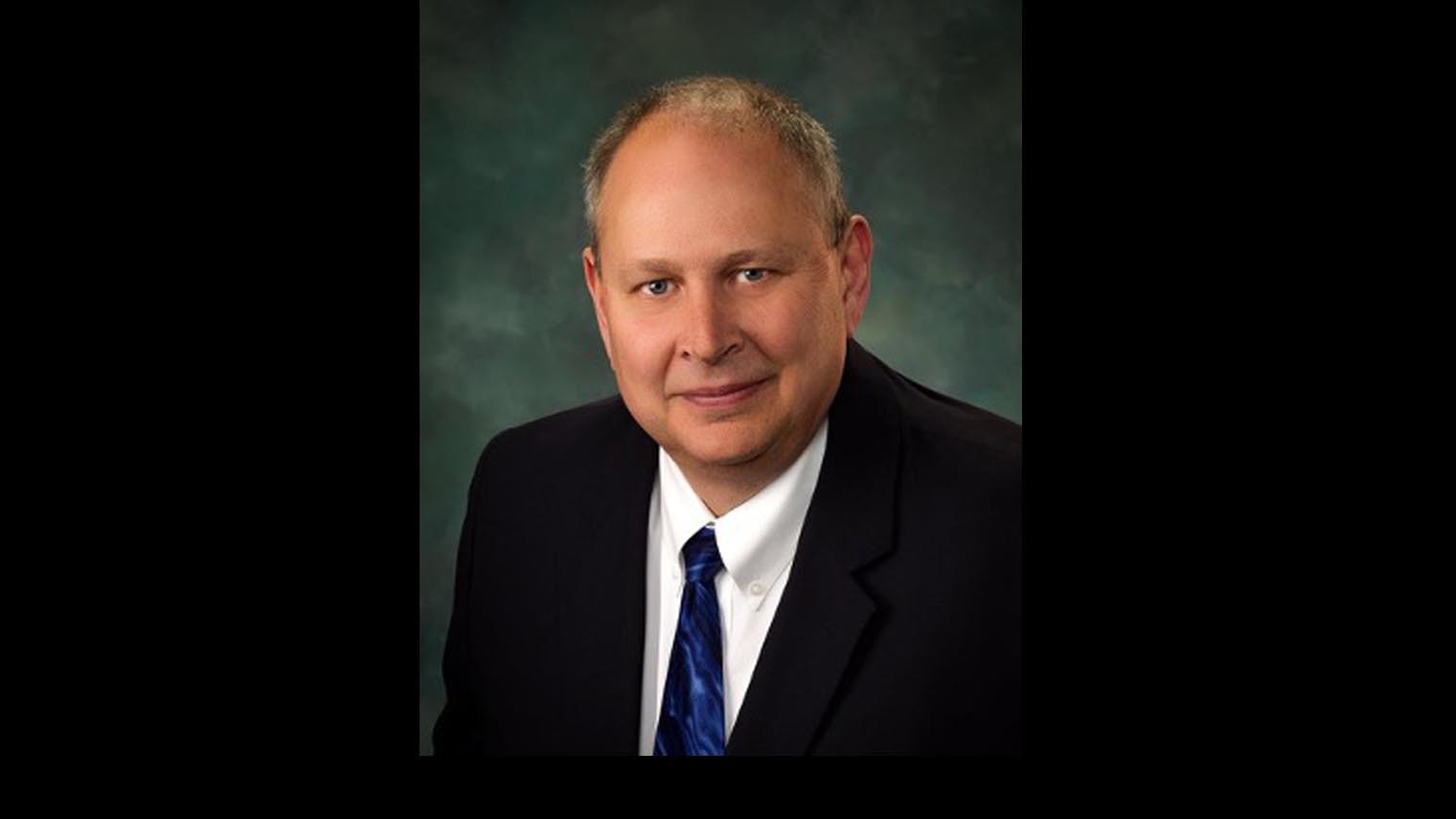Wyoming has a defined benefit retirement plan for its retired employees, as opposed to a defined contribution plan. Defined benefit plans provide a specified payment amount in retirement. They are also known as traditional pension plans. A defined benefit plan provides a specified retirement payment for the lifetime of the pensioner.
A lot of assumptions go into making sure a defined benefit plan is financially stable. Estimating the lifespan of the pensioner is the greatest risk. Since the plan pays for the life of the pensioner, if they live longer, the plan has to account for those longer lives to remain financially stable.
With a defined benefit plan, all the risk lies with the employer.
Why is this information important now?
Based on assumptions made a generation ago, the Wyoming retirement system currently has a $2.495 billion-dollar unfunded liability. The largest plan is only 78.5% funded as of Jan. 1, 2024. Past legislatures have been working for about 20 years to shore up the fund.
If the current legislature does not do anything to screw funding up, based on current assumptions, the fund would become 100% covered by 2047.
Unfortunately, the legislature’s current agenda is creating a situation which might screw things up and bring this liability crashing in. And it would fall squarely in the taxpayers’ laps, to the tune of $4,271.84 for every man, woman and child in Wyoming.
First, note the “Stop ESG-State funds fiduciary act” which would prohibit investment firms accused of considering environmental, social, and governance (ESG) factors from being considered for investment of Wyoming funds.
This virtue-signaling bill, part of the Freedom Caucus’s nickel and dime plan, would reduce revenue for the state’s pension funds by $193 million in fiscal year 2026, $387 million in 2027, and $580 million in 2028 – according to the Wyoming retirement system.[1]
The Stop ESG movement portrays itself as moving conservative ideas forward by punishing companies with ESG agendas. What this bill would do if it passes, rather, is make the retirement funds more unstable than they already are. It would shift the liability for retirement payments from state investments onto taxpayers’ backs.
Before the legislature passes something that sounds good with a bunch of blowhards at the bar, bellowing their bellicose bullshit, it should carefully analyze the consequences to future taxpayers and those dependent on state retirement.
As if that were not enough, the second thing the legislature is looking at doing is “backfilling” property tax cuts with state savings and funds obtained from other taxpayers. The reason the legislature is “backfilling” is because some lawmakers do not want to bear the consequences of their decisions.
By spending its savings, Wyoming has fewer investment dollars with which to apply money to fund its still-unfunded retirement liability. Instead of using dividends from state savings to fund operations and retirement contributions, taxpayers will have to make up for the loss.
Third, the bellicose bar bellowers say, “Hell, we’ll just cut state pay and the number of state employees.”
Guess what, that action has consequences, too.
By lessening the number of state employees contributing to the state retirement fund, or by reducing those contributions by reducing salary, the retirement fund becomes even more unstable.
So, a long-term plan to fix a $2.495 billion dollar shortfall falls apart. Not only that, but the shortfall gets worse. The shortfall might be $3 or $4 billion.
I wish the Freedom Caucus cared about the consequences of its actions. Its members apparently do not.
With declining mineral revenues, the legislature is going to have to look to other sources of tax income to pay the bills.
Someone in Cheyenne needs to do some deep, long-term thinking about their actions. The tens of thousands of people who depend on Wyoming state retirement deserve nothing less.
If they don’t, get ready for a state income tax. In four or five years, when the state of Wyoming cannot pay its bills and the unpleasant task of passing a state income tax falls to future lawmakers, you will have so-called conservatives who would rather virtue signal than analyze real-world consequences to thank – for gouging the taxpayer to refill money the state has already spent.
Tom Lubnau served in the Wyoming Legislature from 2004 - 2015 and is a former Speaker of the House. He can be reached at: YourInputAppreciated@gmail.com





